Sale!
Carrot Seeds (Daucus carota)
This product is available for shipping only in Bangalore
Carrot Seeds, Growing carrots is an easy and rewarding process, especially with careful soil preparation and regular care. By selecting the right variety, providing consistent moisture, and addressing pest and disease issues promptly, you’ll enjoy a bountiful harvest of sweet, crunchy carrots straight from your garden.
4 in stock
- Estimated Delivery : Up to 3 business days
- Free Shipping & Returns : On all orders over ₹550 in Bangalore

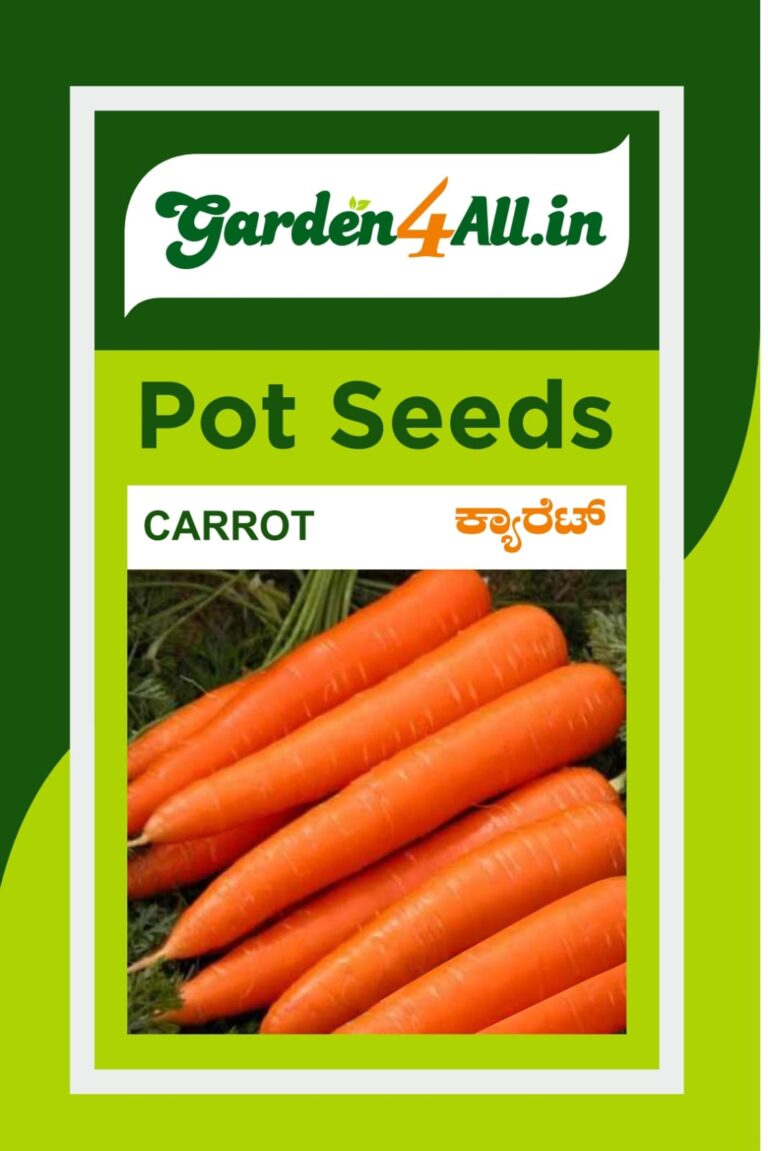
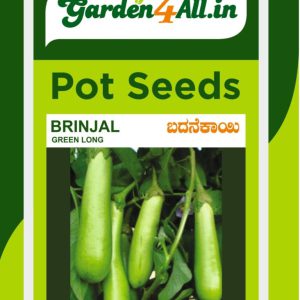
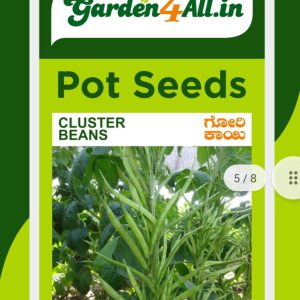
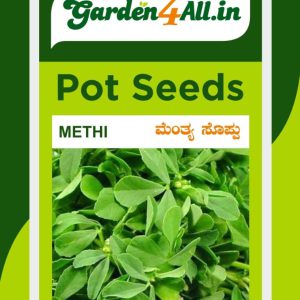
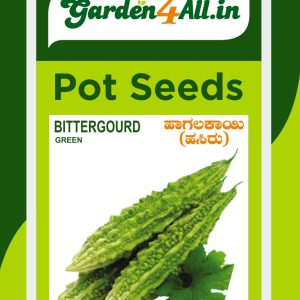
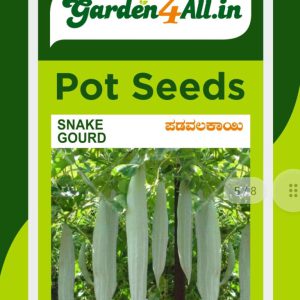

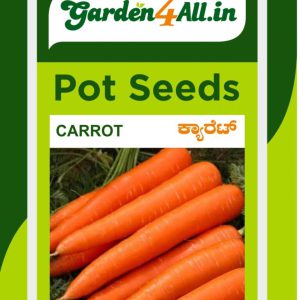
Reviews
There are no reviews yet.